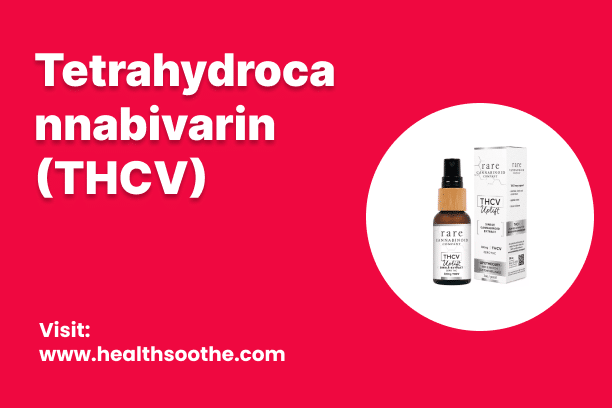Amino acids are small organic molecules that are extremely important because they make up proteins that our bodies need in order to function properly. The human body needs amino acids to build proteins that help in the breakdown of food, participate in cell growth, help our skin, hair, bones, and muscles heal faster, and serve as a source of energy. In fact, our bodies need 20 different amino acids to grow properly—10 of these amino acids our bodies can produce on their own, and the remaining 10 must be obtained through food. There are actually 23 types of amino acids that are part of proteins and over 100 other types of amino acids that are not attached to proteins. Out of these proteins, 9 are essential and the human body cannot produce them on its own, 11 are non-essential, and 3 more can be found in foods of both plant and animal origin.
Which Amino Acids Help With Weight Loss?
Amino acids are important for the human body in order to function properly, but they're also crucial when it comes to weight loss. Some amino acids can help with weight loss more than others, because they affect muscle protein breakdown by melting fat in the human body faster. One of these amino acids is cysteine. Thanks to its antioxidant properties, cysteine will speed up your metabolism and affect fatty acids in the body, as well as the synthesis of keratin, a protein that is found in nails, skin, and hair. Cysteine can reduce appetite, and is commonly found in foods like eggs, beef, poultry, bananas, broccoli, oats, peas, yogurt, and fish. Phenylalanine is a precursor of thyroxine, dopamine, melanin, and noradrenalin, which have an effect on your mental state and mood, but also affect appetite. This amino acid can suppress your appetite and speed up your metabolism, but is mostly useful for maintaining body weight after completing a certain diet. L- Carnitine is another amino acid that can help burn fat, and it can be found naturally in beef, yogurt, beans, and nuts. Also, L-Carnitine is one of the most popular and common ingredients in many weight loss supplements on the market.
Glutamine is the most important source of energy used by the human brain and body; it affects the proper functioning of the body's immune system and helps curb the desire for sweets. Glutamine burns fat, while also improving energy levels and participating in muscle building, which is why it's great before a workout. Tryptophan is another amino acid that helps with weight loss; it is crucial when it comes to the production of serotonin, the hormone of happiness and satisfaction. This amino acid can be found in eggs, oats, pumpkin, almonds, bananas, and spinach.
Other Amino Acids and Their Importance for Weight Loss
In addition to the five amino acids that we mentioned above, that can help in speeding up metabolism, fat breakdown, and muscle building, other amino acids are also important for the normal and proper functioning of the human body. Among the essential amino acids that should be mentioned are valine, histidine, threonine, leucine, isoleucine, lysine, and methionine. Each one of these amino acids has its own function in the body and is crucial in our daily diet, but they can also help in the process of losing weight and burning fat.
Histidine helps make the brain chemical (neurotransmitter) histamine, which affects immunity, sleep, sexual function, and digestion. Isoleucine helps in the production of hemoglobin that contains iron that circulates through oxygen in the blood. It is extremely important for immunity and energy production. These types of amino acids are commonly found in meat, soy, fish, eggs, nuts, legumes, and whole grains. Leucine affects growth hormone and muscle growth, as well as the healing of wounds. Lysine has the capacity to absorb calcium and is needed for the synthesis of collagen, which is important for connective tissue and bones. Methionine helps in detoxification and affects metabolism and the growth of new tissues, while threonine helps the immune system and the breakdown of fat in the body. Valine, on the other hand, is important for muscle recovery and cellular energy and has a positive effect on our digestive and nervous systems.
Benefits of Liquid Amino Acids for Weight Loss
As we mentioned above, there are 20 types of amino acids that we also call the building blocks of proteins. This means that they attach to one another to make the proteins that then help our bodies function properly. Our bodies require all of the amino acids to function properly, but because they cannot produce all of them, we must include foods and supplements that contain these essential amino acids. Liquid aminos are products that contain both essential and non-essential amino acids, which means that you should definitely include them in your daily diet. Liquid aminos are made from soybeans or fermented coconut sap and have a sweet and delicious taste, so they can boost the flavor of many recipes. Some of the biggest liquid aminos benefits for our health include lower sodium levels, being gluten-free, low calorie, and vegan. They're similar to soy sauce, but they're a bit less salty and more sweet, which makes them a great alternative to commercial soy sauces. Liquid amino acids can boost muscle growth and help lower cravings, which means that they're great if you're trying to lose weight. Studies have shown that liquid aminos can reduce your appetite and increase energy levels, which can also help with weight loss. Also, thanks to free glutamate, liquid aminos have an umami flavor that reduces hunger after meals and makes any food more filling.








